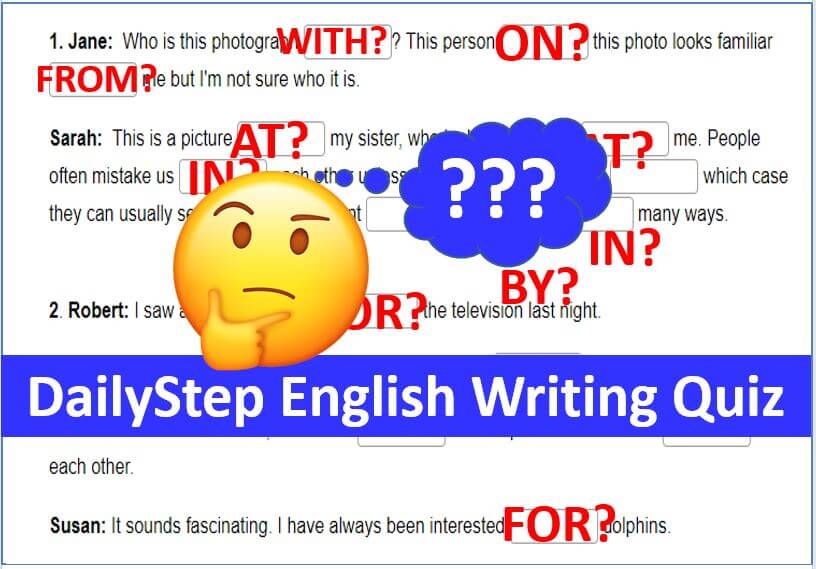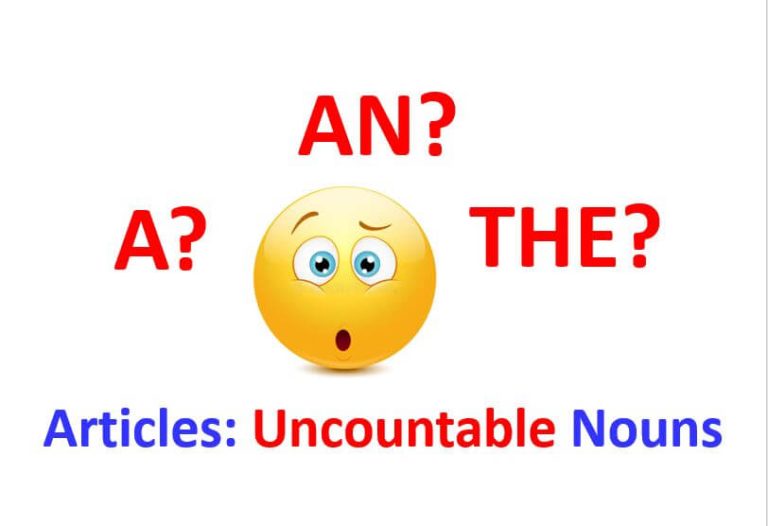How to use the verb AGREE with correct prepositions and phrase structures

How can we use the English verb AGREE? Do we say Agree WITH or Agree ON?
Hello, I’m Jane at DailyStep English. Did you know that the verb AGREE has at least 10 different uses or meanings – all depending on how it is used in a phrase? We can Agree With, Agree On, Agree To, Agree To Do, Agree About … and more!
In this FREE DailyStep English Grammar Lesson, you will learn how to avoid mistakes in future, improving your spoken and written English and those all important exam scores.
Please read this lesson aloud, if possible, to help you learn it well.
But first, take this FREE QUIZ to find out how well you know the verb AGREE:
How the meaning of AGREE changes depending on its grammar
By Jane Lawson at DailyStep.com
It is important that you always learn a word in its grammatical context, rather than on its own as a single word.
Here is a very common verb, AGREE, which has 7 different meanings, all dependent on how it is used within a phrase.
Let’s take a look at these different phrase structures:
.
|
HOW TO USE THE VERB AGREE |
|
|
|
|
|
Examples: 1. I agree with you. 2. “She’s definitely the right person for the job.” “Yes, I agree.” 3. We all agreed that we needed to improve our English. (note: this means ‘We all agreed with each other that we needed to improve our English.’) 4. My husband and I agree about /on most things. (note: this means ‘My husband and I agree with each other about /on most things.) |
|
|
|
|
|
Examples: 1. She agreed to help him. 2. My boss has agreed to give me a holiday! |
|
|
|
|
|
Examples: 1. My boss has agreed to my holiday dates. 2. His father did not agree to the idea of a big birthday party. |
|
|
|
|
|
Examples: 1. We couldn’t agree on what to buy. 2. They agreed to meet on Sunday. |
|
|
5. If two or more parties (that is, two or more people, countries, companies, etc.)agree something, |
it means that they reach a formal agreement about it. Then, this agreement is often written into a contract, treaty or plan. |
|
Examples: 1. The government agreed a plan to tackle the economic crisis. 2. The two companies agreed a way forward in their dispute. |
|
|
6. If two descriptions of something agree, |
they are the same. |
|
Examples: 1. I have heard several versions of this story, but none of them agree. (note: this means ‘All the versions of this story that I heard were different from each other.’) 2. Police could not locate the criminal because none of the descriptions given by the witnesses agreed. |
|
|
7. In grammar if a subject and verb agree, |
it means they have the correct grammatical form. If they don’t agree, then the grammar in that sentence is wrong. |
|
Example: In the sentence “She like studying English”, the subject and the verb don’t agree. It should say “She likes studying English”. |
|
|
There is also an English phrasal verb that uses Agree |
|
|
Meaning 1: If you agree with something, |
you think that it is morally acceptable. |
|
Examples: 1. I don’t agree with the way he treats his wife. 2. Many people don’t agree with cruelty to animals. |
|
|
Meaning 2: If a type of food or drink does not agree with you, |
this means that it makes you feel a bit ill! |
|
Examples: 1. That seafood did not agree with me. I think I need to lie down! 2. Having a large dinner does not really agree with me. It makes it hard for me to sleep at night. |
|
|
Meaning 3: If something agrees with you, |
it makes you feel good or healthy. |
|
Example: You look very well! Life in the countryside obviously agrees with you. (note: this means: Living in the countryside obviously makes you feel healthy, because you look healthy.) |
|
Important note:
So, remember when learning a new word, NEVER LEARN THE WORD ON ITS OWN. Learn the whole structure, the whole phrase.
For example, if you just learn the word ‘Agree’, without any of its prepositions or relative structures, you will use it wrongly a lot of the time.
So, I hope the grammar of AGREE is clearer for you! Now, think about some sentences using that are true to your own life , as this will help you to remember them better.
If you enjoyed my Audio Blog, please share it. Thank you 🙂
How to speak English fluently and understand fast English
DailyStep English Audio Lessons are designed to help you learn to speak and understand English at the speed that we speak it.
No matter how good your English is, you need to be able to follow a fast conversation in order to participate.
DailyStep English courses are fully accredited and you can get an internationally-recognised certificate for your CV or resume.
How to use your lessons:
How to slow the audio:
How to Start Daily Audio Lessons
✔ Daily Audio Lessons + Premium Audio in my Blog Library
✔ Your lessons never expire – you can take them again any time
✔ Change your level any time
✔ 100% happy or your money back!




